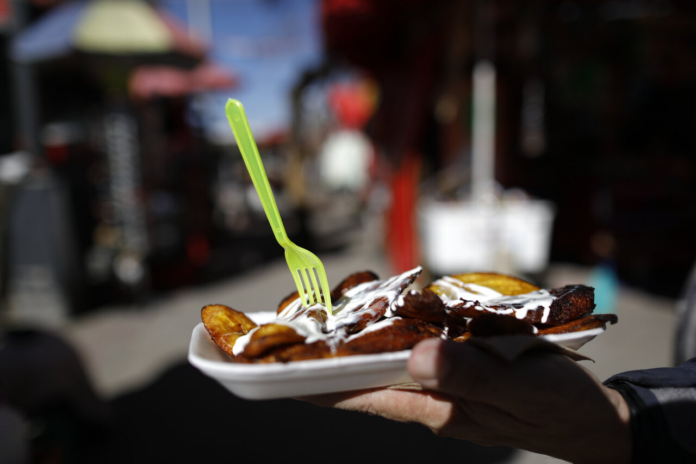By: Seth Gellman
On January 1st, Mexico City’s ban on plastic bags, utensils, and other disposable items took effect. The city of 9 million, one of the largest cities in the world, has spent the last year preparing for this ban. The law was passed by lawmakers in 2019 and Mexico City has been gradually instituting changes since.
Mexico City is looking to curb its environmental damage. According to the country’s environmental agency, Mexico City produced about 13,000 tons of garbage daily. The UN estimates that up to 12% of all waste is plastic and most of it ends up in landfills or the oceans. There is no national law that prohibits plastic bags, but 27 out of 32 states already have laws banning them.
Other cities in Latin America are limiting their use of plastic bags. For example, Rio de Janeiro, São Paulo, and Buenos Aires prohibit their sale, while Bogota and Lima impose taxes. While this may curb their use, it is far from a solution without proper enforcement. There is speculation among some of the citizens that there will not be enough enforcement of the law, and street vendors will continue to use single use plastics. Since there are no fines, the changes may not be entirely effective.
Mexico has a very diverse marine ecosystem that was being severely damaged by the single use plastics. Advocates say that this law will help cut down on the negative impact of single use plastics. Many citizens did not wait for this law to take effect and began to cut down on their habits. This will make major improvements for the massive city and have beneficial effects on the environment.









